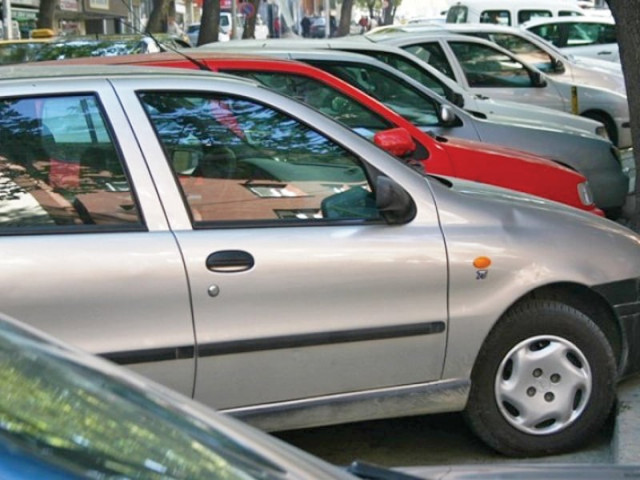The Special Tax Department and Taxes of Islamabad is introducing new reforms aimed at simplifying vehicle registration, property transfer and tax payment processes.
These measures include custom numbers, digital vehicle registration cards and an updated mobile application for online tax payments, all designed to make the procedures more efficient and accessible.
In an exclusive interview with APP on Sunday, the Director of Special Taxes and Taxes Islamabad, Bilal Azam, said that the department is focusing on improving services related to the vehicle, including registration, property transfers, Token tax payments and tasks after registration.
Azam declared that the objective is to facilitate citizens as much as possible, either at their door or through online platforms. Through digital services such as the Citizen application of Islamabad, people can conveniently pay their tokens tax from home, reducing the need to visit the offices. He added that the digital change has improved both tax recovery and the provision of services.
Regarding the personalized registration system, Azam said the department is preparing to launch a new system, the first of its type in Pakistan. According to the system, the registration numbers will be linked to the vehicle owner instead of the vehicle. When a car is sold, the registration will be returned to the previous owner, and the new buyer will receive a fresh plate linked to its identity.
He explained that this step will ensure that no vehicle remains not registered after a sale. Once the biometric verification for the transfer is completed, the anterior plate is vacant and reassigned to the seller, while the buyer receives a new personalized number. The initiative is expected to help the application of the law in the tracking of the vehicles, the tracking of ownership, access to the data and the application of e-challan.
Azam also declared that vehicle registration cards, currently issued as smart cards, will soon be digitized. The digital version can be accessed through the user’s PAK-ID account, similar to the National Digital Identity Cards issued by NADRA.
When a vehicle is sold, the seller will send an online application through the application. The department is working to enable biometric verification through mobile devices, eliminating the need for visits in person. Once the transfer is processed, the buyer digital registration card will automatically appear on its PAK-ID profile.
Azam urged citizens to pay their tokens taxes in July to benefit from government reimbursements. He pointed out that many vehicles from the eighties and nineties lacked fiscal records or transactions for decades. Despite public notices and ads, the owners who did not respond received their records.
For vehicles without transactions since the 1990s or 2000s, a new policy has been developed to identify and administer such cases. If the Token tax has not been paid for two or three years, a 50%fine is imposed; For longer periods, a 100%penalty is charged. These sanctions aim to promote timely payments.
In addition, a 10% refund is offered for tokens tax payments made in July to further encourage compliance.
Azam stressed that the department had previously launched the “City Islamabad” application, simplifying services, including tokens tax payments. The application, available on Android and iPhone, allows users to register, enter their vehicle number and generate a PSID (payment slip ID). The system automatically calculates the applicable rates and difference between the citizens of Filer and not filler. Payments can be made through any online banking system linked to the PSID.
He emphasized the importance of digital platforms, especially since approximately 1.42 million vehicles are registered in the department. Manually handling such volumes would be inefficient and would result in congestion in special tax offices. Digitization has significantly relieved this load by allowing remote transactions.
Another important reform is the change of intelligent cards of material to completely digital vehicle cards, which is expected to be launched soon. These will be integrated with Nadra’s ID Pak-ID, allowing vehicle owners to download their registration cards directly.
In addition, the department is working to implement biometric verification based on mobile devices for property transfers, allowing vendors and buyers to complete transactions completely from mobile devices.
Azam advised citizens to regularly pay their tokens taxes and avoid delays, since the department is now actively identifying inactive vehicles and imposing sanctions. The cancellation of records for long inactive vehicles is part of a broader effort to maintain precise records and guarantee responsibility.
The department’s reforms aim to ensure that each vehicle in the capital is registered, taxed and documented. This is expected to improve government tax collection and support security agencies in vehicle tracking when necessary.
Concluding the interview, Azam said that custom numbers plates, digital vehicle cards and online tax payment systems are configured to transform services related to the vehicle into the capital. Citizens can expect faster, more transparent and convenient services, which reduces the dependence of obsolete manual procedures.




